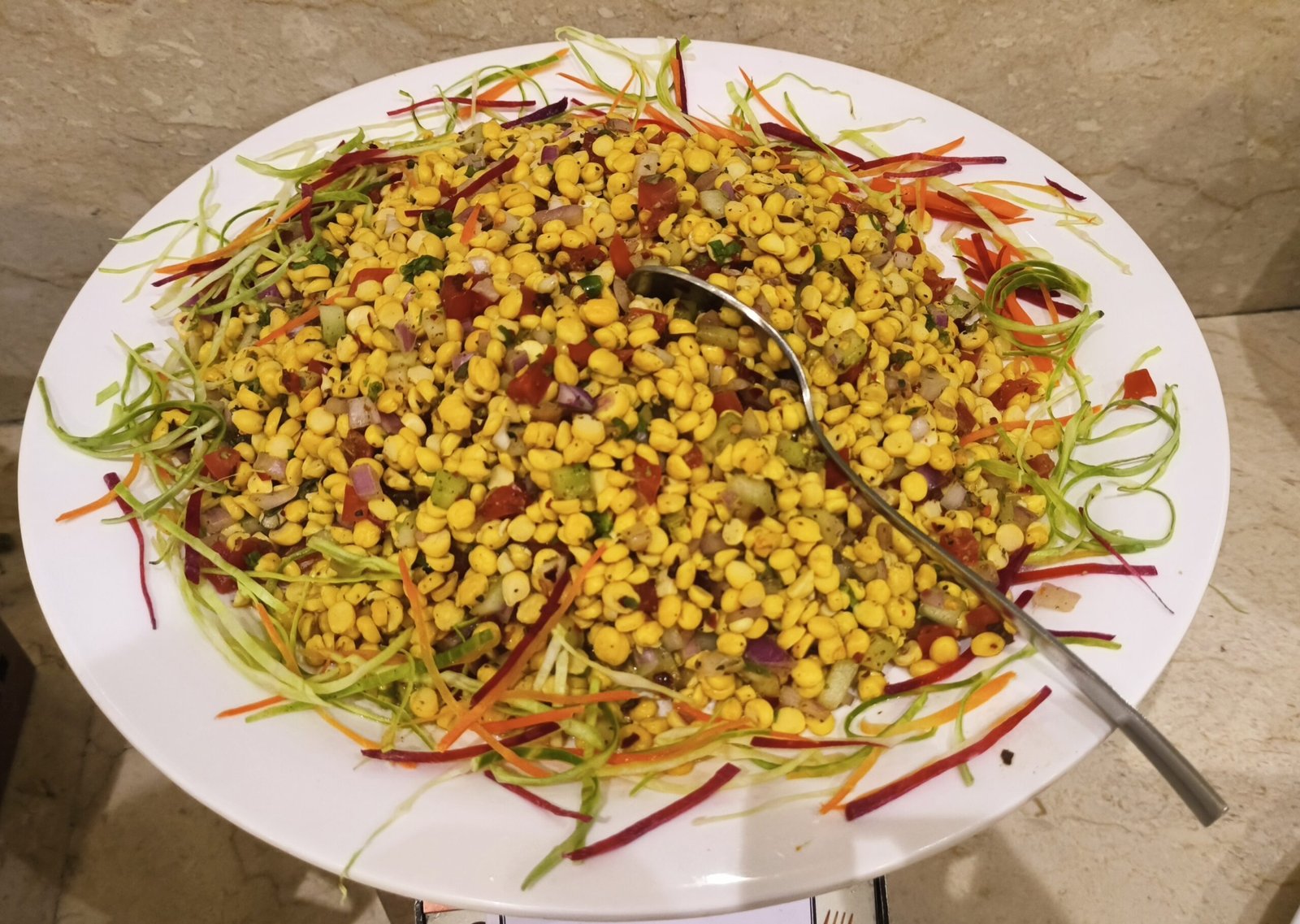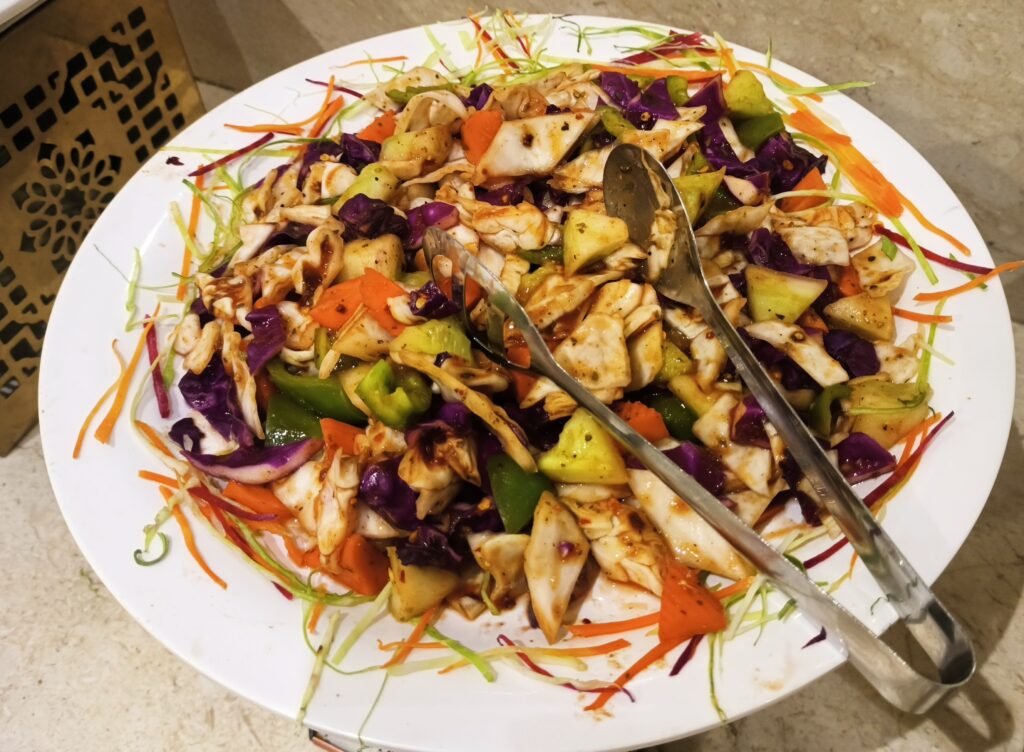Vegan vs. Vegetarian: What’s the Real Difference?

Vegan vs. Vegetarian
A vegan diet includes all types of foods and ingredients that are completely free of animal products and by-products. Vegan dieters avoid not only meat, poultry, and fish, but also dairy, eggs, honey, gelatin, and any additives derived from animals. A vegan diet is entirely plant-based, including vegetables, fruits, whole grains, legumes, nuts, seeds, and many alternatives to traditional animal-based foods.
Many people adopt a vegan lifestyle for reasons such as protecting animal rights, saving the environment, or improving their health. From a health perspective, a regular vegan diet is high in fiber, vitamins, and antioxidants, which may reduce the risk of high blood pressure, heart disease, and type 2 diabetes. However, vegans should be aware of missing out on certain nutrients (such as vitamin B12, iron, calcium, and omega-3 fatty acids) from plants because they don’t eat animal products.

These nutrients can be obtained from carefully selected foods, supplements, or fortified foods. Veganism produces fewer greenhouse gas emissions than animal agriculture, and plant-based food production typically requires less water, land, and energy. In addition, some people worry about animal welfare and eat vegan to avoid being involved in industries that harm animals.
With the rise in demand for plant-based living, the availability of vegan food has increased. It is now easier for people to follow a vegan lifestyle, as supermarkets and restaurants now offer dairy-free milk, vegan meat alternatives, and plant-based desserts. Overall, a vegan diet is a perfect choice that keeps your health better, keeps the earth clean, and saves animals ethically.
What is a vegetarian diet?
A vegetarian diet means food that does not contain meat, poultry, and seafood; however, dairy and eggs are still made from plant-based ingredients. This diet offers a variety of flavors and health benefits, making it a popular choice for those who want to reduce their meat intake or adopt a more eco-friendly way of eating. A vegetarian diet includes vegetables, fruit, whole grains (such as rice, quinoa, and oats), legumes (beans, lentils, and peas), and nuts and seeds. Vegans rely solely on plant-based foods and stay away from all animal-derived products.
A vegetarian diet rich in fiber, vitamins, and antioxidants promotes better digestion, heart health, and general health. Plant-based proteins such as beans, tofu, tempeh, and quinoa also work well to meet daily protein requirements. There are incredibly varied vegetarian meals inspired by cuisines around the world. For example, Mediterranean dinners feature fresh salad, hummus, and a vegetable-filled pita, while in India, dal, aloo gobi (potatoes and cauliflower), and saag paneer (spinach and cheese) are popular recipes.

A vegetarian diet rich in fiber, vitamins, and antioxidants promotes better digestion, heart health, and general health. Plant-based proteins such as beans, tofu, tempeh, and quinoa also work well to meet daily protein requirements. There are incredibly varied vegetarian meals inspired by cuisines around the world. For example, Mediterranean dinners feature fresh salad, hummus, and a vegetable-filled pita, while in India, dal, aloo gobi (potatoes and cauliflower), and saag paneer (spinach and cheese) are popular recipes.
In addition to having many health benefits, a vegetarian diet is also safer for the environment. It emits fewer greenhouse gases than meat production and uses fewer resources, such as land and water. By eating vegetarian, people can enjoy a variety of tasty and healthy foods while also contributing to making the Earth more sustainable.


4y1zkb
5×5740